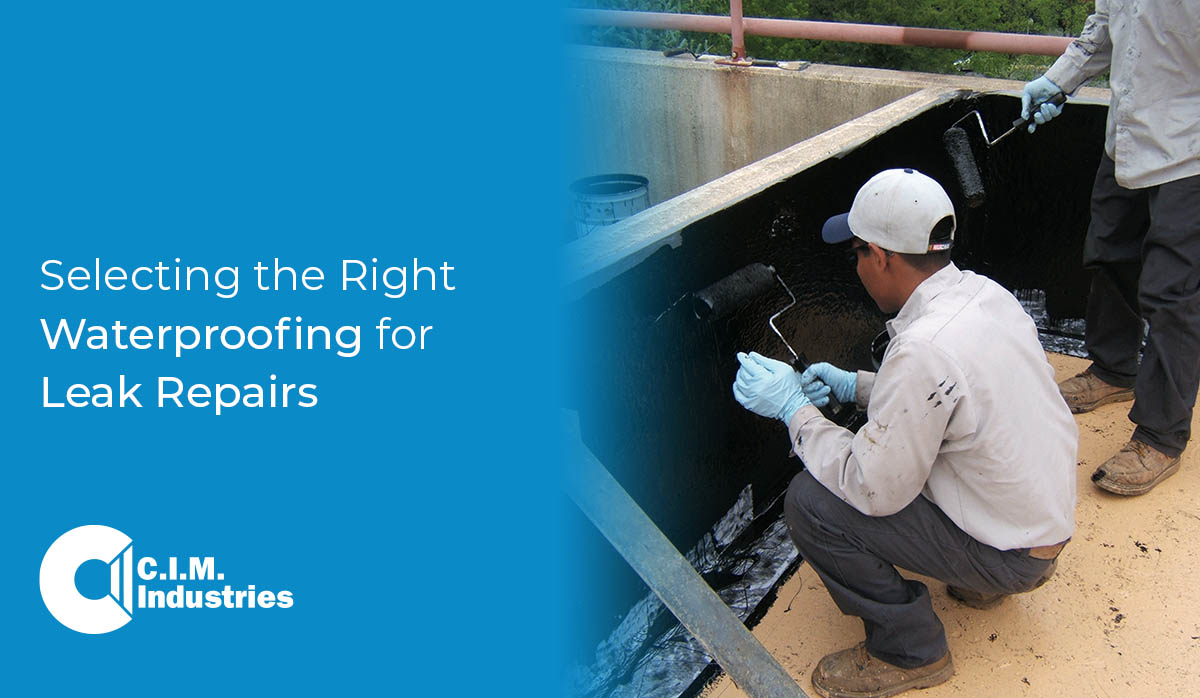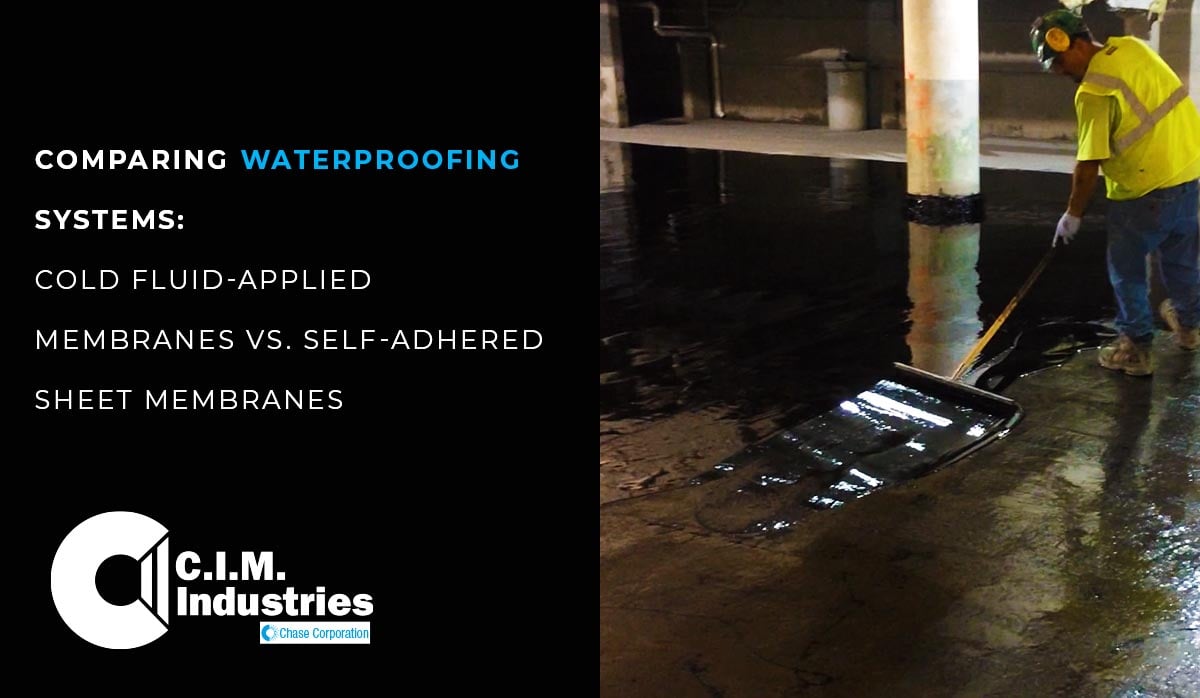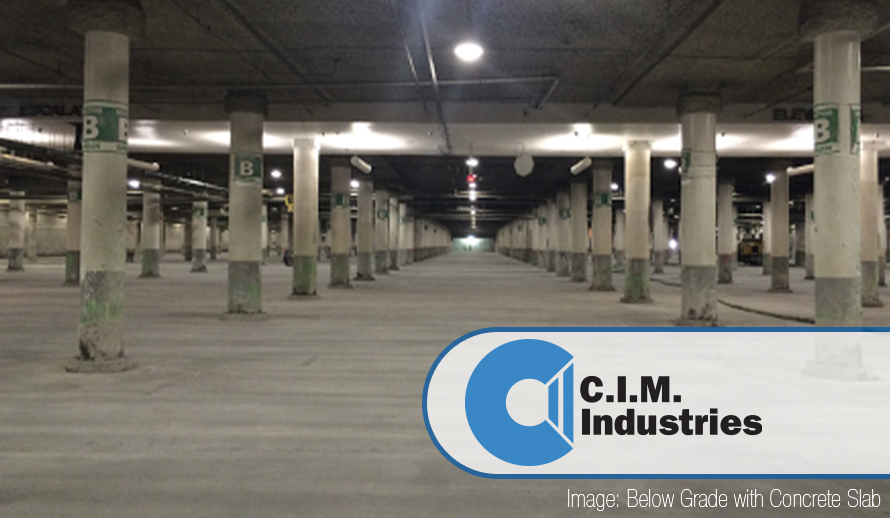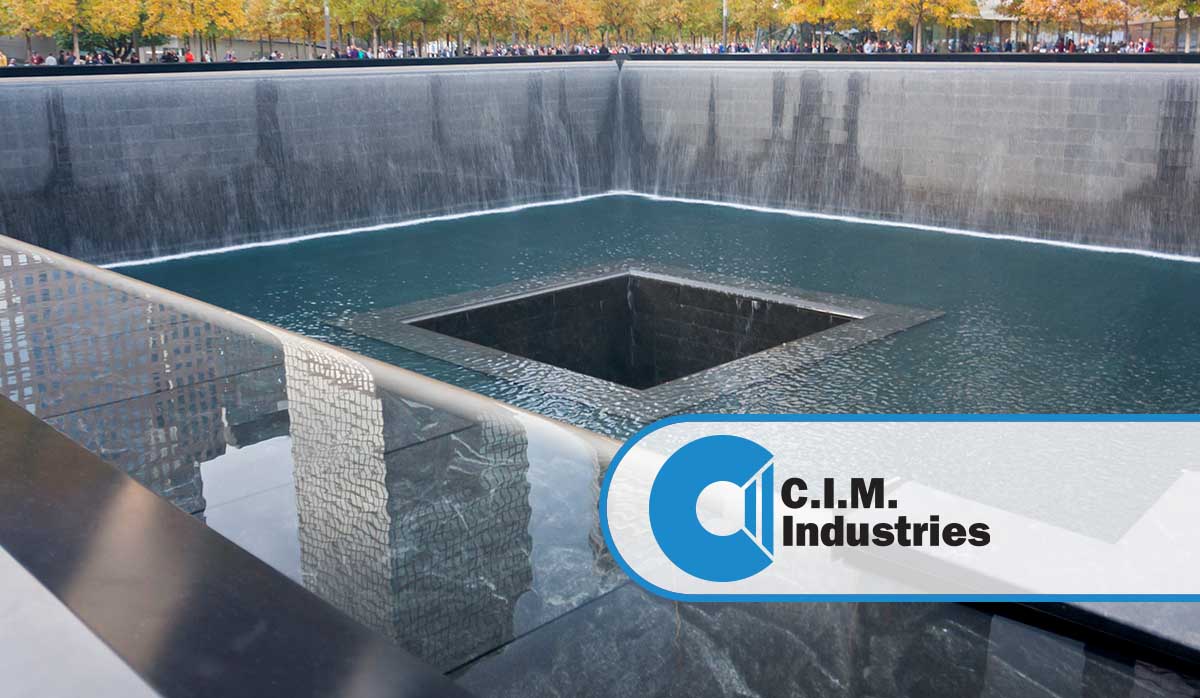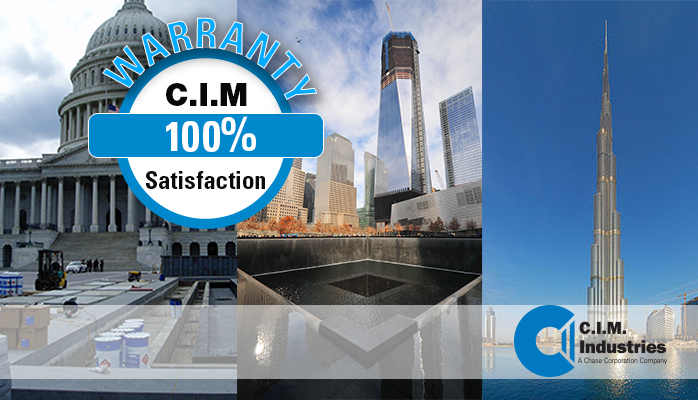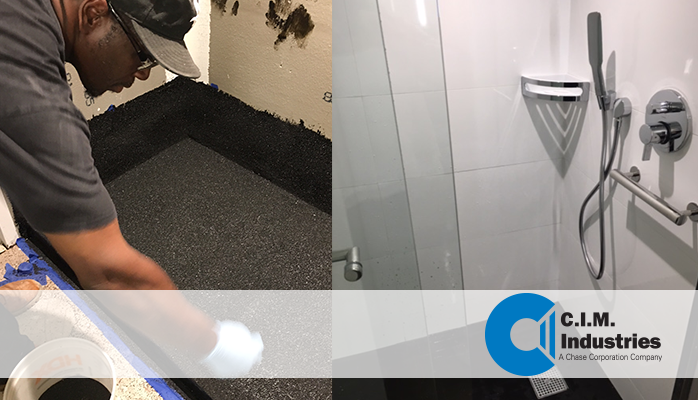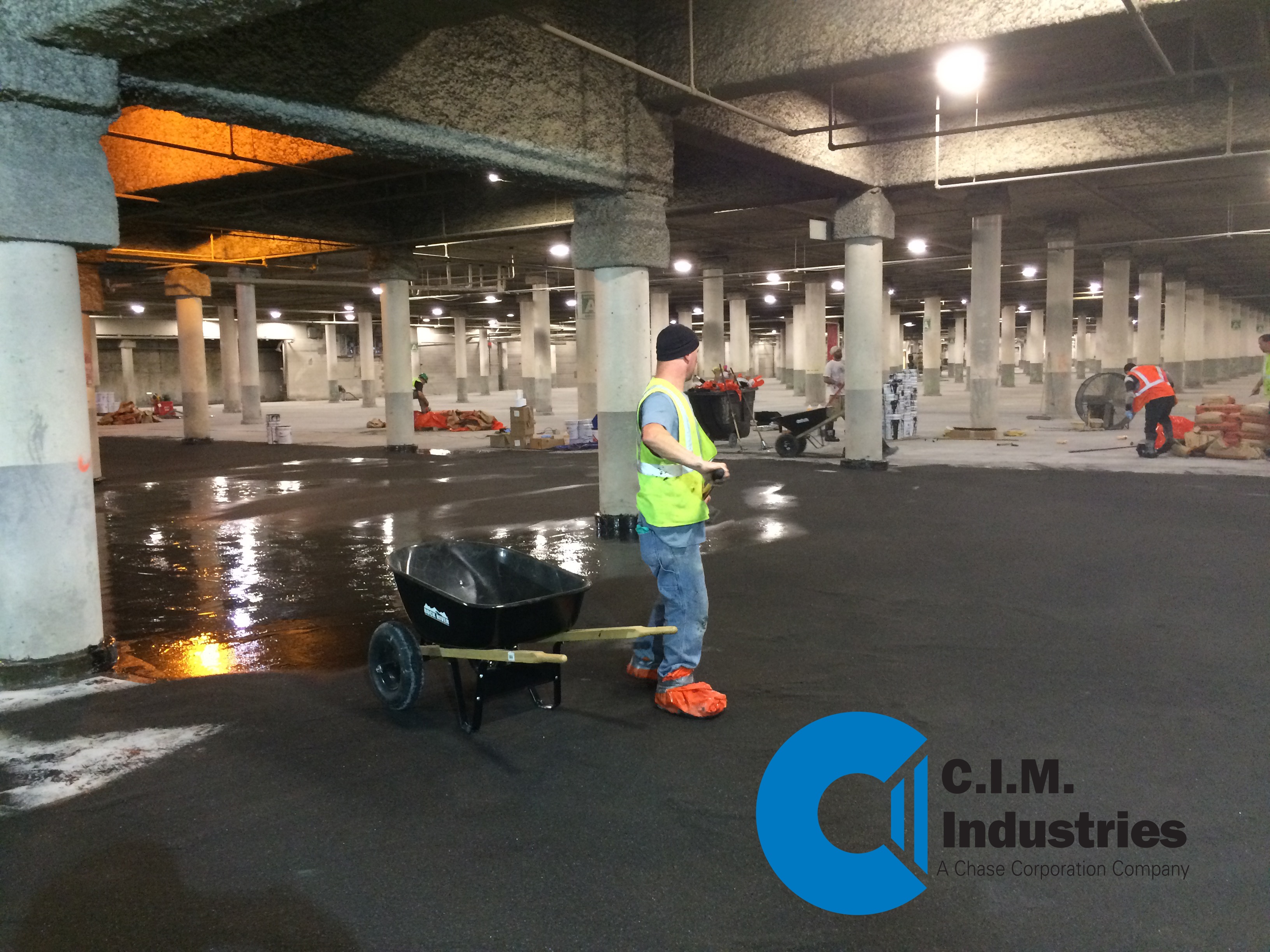Let's begin by pondering this question: Why is waterproofing given less priority (left out entirely) during the pre-construction planning phase of any commercial or residential projects? This trend is truly baffling as proper waterproofing care leads to innumerable benefits in the long-term life and performance of any construction project.
Related Article: Waterproofing is the Future of Construction
Read More
Topics:
Concrete Waterproofing,
Liquid Applied Waterproofing,
Construction
Whether you are in the residential or commercial building industry or in the new construction or building maintenance business space, waterproofing is not something to be overlooked. Waterproofing systems work by creating physical barriers to water. They keep water out of places it doesn’t belong and in places where it does belong.
Read More
Topics:
Coating Application Preparation,
Liquid Applied Waterproofing,
waterproofing,
Fluid-applied Waterproof Membranes,
Membrane Surface Preparation,
Water-blocking Materials
Cold, fluid-applied waterproofing membranes are popular choices in the construction and building industries because of their versatility in areas where traditional sheet waterproofing or hot-applied membranes are not options. Cold, fluid-applied waterproofing membranes can be applied to both vertical and horizontal surfaces and, when installed correctly, should last for many years. Understanding and following the installation guidelines will help ensure the application's success. Cold, fluid-applied waterproofing membranes’ robust physical properties and long-lasting performance are why manufacturers publish application and installation guidelines that must be followed.
Read More
Topics:
CIM Industry,
CIM Concrete Waterproofing,
Concrete Waterproofing,
Concrete Sealant,
Fluid-applied Waterproof Membranes
The importance of a well-built building structure is often taken for granted until failures start to appear. These deficiencies can be minor or major, but the results are often catastrophic. This is why consultants play an important role in the waterproofing industry and may add in saving you money in the long run. They add an extra quality assurance check before construction or after a roof or deck fails.
Read More
Topics:
Concrete coating,
CIM Industry,
CIM Concrete Waterproofing,
Concrete Sealant,
waterproofing
A waterproofing warranty is a legally binding agreement which a company guarantees that some or all its work will be free of defects, typically for a specific length of time, and is normally approved and signed by both the owner of the project as well as a representative of the company manufacturing the product. A warranty provides for a remedy in case there are certain problems with the product provided to the customer. The intent is to provide peace-of- mind to the customer, ensure the product is backed by the company and is consistent with claims related to performance and reliability of the product. If you purchase a waterproofing solution and later discover that it’s defective, you can file a claim with the company – assuming the waterproofing solution is still under warranty – to recoup some or all the cost related to the product. A warranty is essentially a company’s assurance that its product will live up to its claims.
Read More
Topics:
Concrete coating,
CIM Industry,
CIM Concrete Waterproofing,
Concrete Waterproofing,
Waterproofing tiles
When installing tile, whether it’s flooring for a restaurant kitchen, a swimming pool or a patio deck, the process should include waterproofing the substrate prior to the tile installation.
Read More
Topics:
CIM 1000 Premix,
CIM Industry,
CIM Concrete Waterproofing,
Waterproofing tiles
Aggregates are commonly used in conjunction with liquid applied coatings to provide a combination of the following:
- Protection:
- Light colored aggregates lower deck temperature extending the life of liquid coatings
- Non-skid surfaces:
- For foot traffic
- For automotive and other traffic
- Exit areas for pond, containment, and other sloped surfaces
- Energy costs:
- Lighter colored aggregates will reflect solar energy, whereas dark-colored liquid coatings will absorb heat. Aggregate will reduce coating temperature by as much as 70 degrees on a hot summer day.
- Provides a rough surface in which to enhance the bond of other paints, coatings, and topcoats (asphalt, concrete, tile applications)
- For compliance with ANSI 118.10 IAPMO Approval for applications such as plaza and balcony decks.
Read More
Topics:
CIM blog topic,
Prerformance Enhancement

